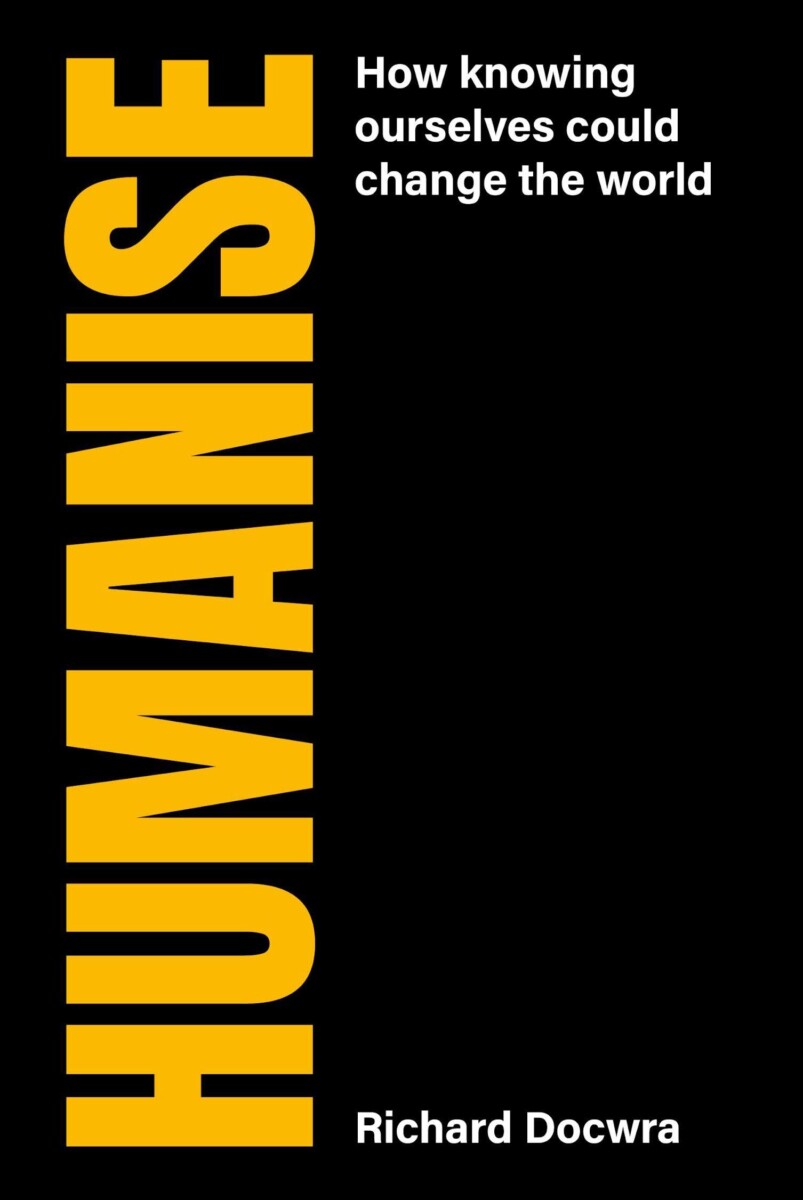Humanise: How knowing ourselves could change the world
Do you think you understand people? Think again.
Most of us have a completely inaccurate picture of how we, and other human beings, think and behave. This leads us to set unrealistic expectations for ourselves, build societies that don’t make us happy and struggle to solve the problems facing our species.
This book will unveil the astonishing truth of what human beings are really like as creatures, using the latest evidence from psychology and real-world examples. For example, although our brains are powerful, they still need to simplify the world in ways that can lead to biases and blind spots in our thinking. We are also so influenced by other people that it might be more accurate to see ourselves as nodes in a network rather than as individuals. The book will present a model of 5 key characteristics to help us understand human thinking and behaviour.
It will then explore how we can use this knowledge to more effectively address some of the challenges we face as a species, including the need to reduce prejudice and violence, tackle the obesity crisis, avoid inaccurate beliefs and stop climate change. It will ask why we struggle to achieve these things, and consider how we can set more realistic views and expectations for ourselves, given the creatures we are. It will argue that it is meaningless to call human beings good, bad, imperfect, or anything else – we are simply the creatures we are, and we have to make the best of this. It will then show how we can harness our traits of human thinking and behaviour to approach these challenges in more effective ways.
The book will also consider how we can use this knowledge about ourselves to build a better future, both for human beings and the natural world we are part of. It will reflect on what it means for human beings to flourish, given the creatures we really are. It will ask why we’re struggling to flourish within the modern world we have created, and show how many of the institutions and ideas around us (from our conception of freedom to the continual pursuit of economic growth) have been built either on a faulty, out-of-date idea of what human beings are like, or to serve goals other than human flourishing. As a result, we are living in a world that is actually hostile to the creatures we are.
Finally, the book will explore what a society might look like that both prioritised human flourishing and took into account the creatures we really are. It will argue that human beings 1 need structures around us in our lives to support us in being the creatures we want (and need) to be in order to build the peaceful, sustainable lives we want – for example, protecting rather than exploiting our vulnerabilities to tribalism. With wide-ranging ideas such as banning advertising, giving everyone access to basic resources, and helping people develop their ‘superpower’ of cooperation, it will paint a radical picture of how we can build this nurturing environment for humanity and seek a better world.
Overall, ‘Humanise’ will force us to challenge and rethink some of our most cherished ideas about ourselves, and the ideas, institutions and societies that surround us. It will show how we can carve out better lives and a better society if we are prepared to understand and accept the creatures we really are.

Author Richard Docwra (Director at ChangeStar) says:
“Humanise has great relevance to anyone working to seek social change in any capacity, as it shows how we can’t tackle our key human challenges effectively without first understanding the creatures we really are, and also sets out the radical changes that are needed to our ideas, institutions and politics if we are to adequately address some of our challenges and build a society where human beings can truly flourish within the one planet we have.”



